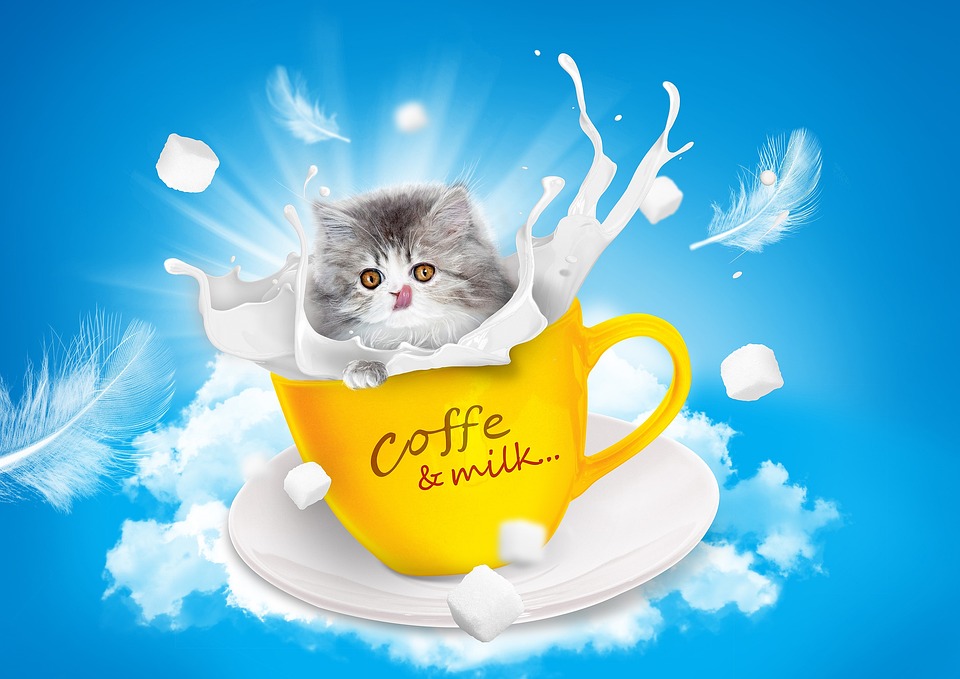In conclusion, understanding cat hydration is vital for the overall health and well-being of your feline companion. Water plays a crucial role in maintaining their bodily functions and supporting organ health. By monitoring their water intake and providing fresh water sources, you can ensure that your cat stays properly hydrated.
Factors such as diet, age, health conditions, and weather can affect a cat’s hydration needs. It’s important to adjust their water intake accordingly to meet their individual requirements. Additionally, being able to recognize the signs of dehydration in cats is crucial for early intervention and prevention of health issues.
To encourage hydration, consider providing fresh water, placing multiple water bowls around the house, investing in a cat water fountain, adding wet food to their diet, and even adding ice cubes to their water bowl. These methods can help make water more appealing and encourage your cat to drink more.
Lastly, it’s important to address common questions and concerns regarding cat hydration, such as substituting water with milk, monitoring water intake, and adding flavorings to water. Milk is not a suitable substitute for water, and monitoring water intake is crucial to ensure your cat is drinking enough. Adding flavorings is generally not recommended, as it may deter cats from drinking water.
By understanding and addressing your cat’s hydration needs, you can contribute to their overall health and well-being. Remember, a well-hydrated cat is a healthy cat.








